Kester Brewin has posted an interesting blog about ‘The Problem with Digital Culture [1]: Too Much, Too Fast’. This is an issue I have been pondering over the last few weeks. The internet has revolutionised the way in which we process information as it comes flying at us in faster ways with increasing clickability. As I type this blog I have already included a link to another that links to some more in a never-ending cascade of information.
Imagine a conveyor-belt of various items coming towards you, some important, some not so. It’s going at a pace which allows you to take each object, think about it and then classify it, categorise it in your own taxonomy, and store it. It’s not the fastest process, but things do get put away tidily.
Now speed up the belt. Why? Because it means you get more stuff. LOTS more stuff. So much stuff is now coming at you that you just don’t have the time to think about it or categorise it. You just throw it over your shoulder into your store and hope it comes in useful one day when you’ve got more time and aren’t so anxious about missing something really important which might be coming down the line.
The increased availability of information and the free flow of information isn’t necessarily a bad thing. The internet connects ideas together and provides the joined up thinking. The TED talk I blogged earlier in the week shows the amazing possibilities of the free flow of information. I know that I wouldn’t be as good a guitarist, photographer, theologian…. cook…. without these principles.
Like many train journeys, life seems to pass at increasing speed whilst we sit in the carriage trying to catch a glimpse of something we have passed. It seems that we often give ourselves whiplash as we spin to look for the moments we have missed. This also has an impact upon our creativity. Jonny Baker blogged this video this morning.
The means to networking our creativity are pushing us to greater achievements than ever before as we are inspired by those people who live the other side of the world. However, those networks create information onslaught which may actually be blocking our creativity by preventing our contemplation?
On Sunday Dr Ruth led a meditation based on a CBT technique she uses at work. We took five minutes to contemplate a raisin using all of our different senses. I had no idea that raisins made noise! I wonder what else I would notice if I took time out to contemplate it.
And so I head out for lunch with Dr Ruth, perhaps a coffee and then a birthday bash this evening with friends.

